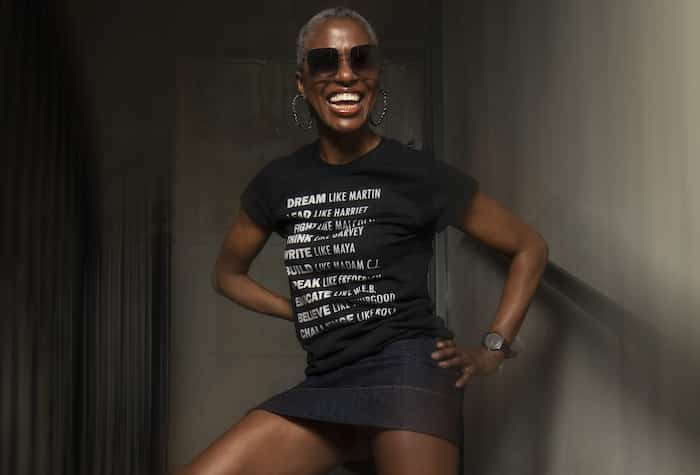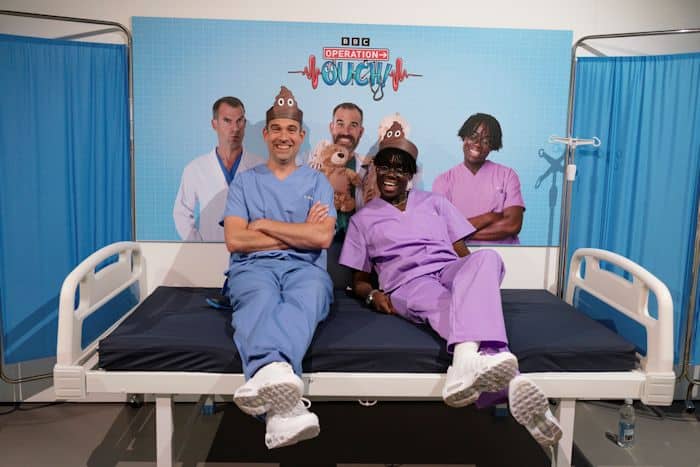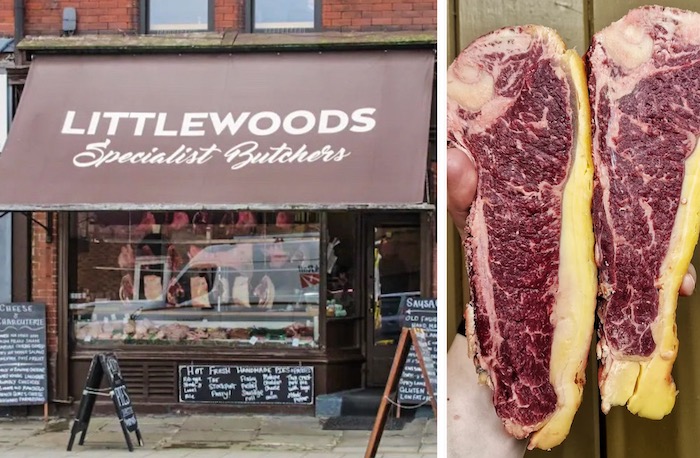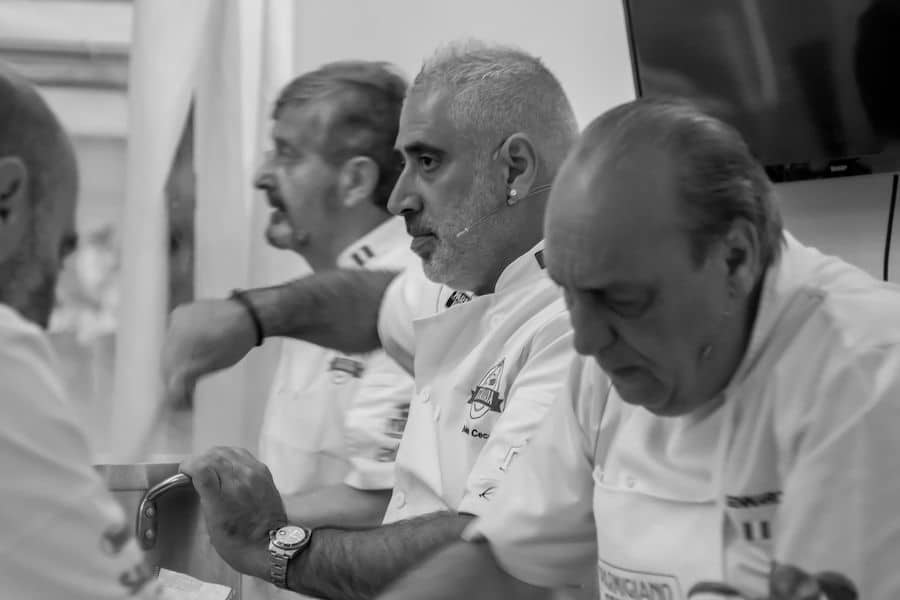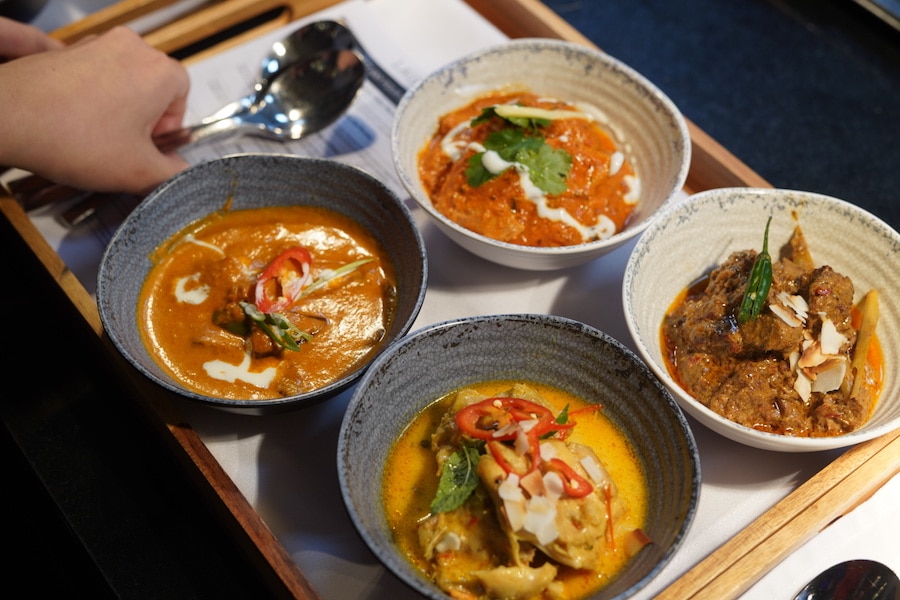Mastering meat: what we learnt at Food Sorcery’s steak school
- Written by Louise Rhind-Tutt
- Last updated 5 years ago
- City of Manchester, Food & Drink, Sponsored
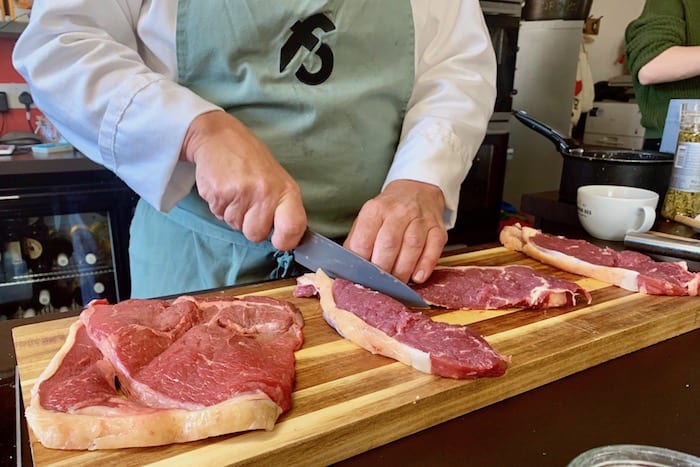
If you’re looking for tips on how to improve your cooking skills, you could do worse than ask Jason Palin. He’s been a chef for 37 years and cooked in over 40 countries, catering for stars including Joan Collins, Keith Floyd and John Hurt along the way.
A chef director at Didsbury cookery school Food Sorcery, Jason teaches several courses helping enthusiastic amateurs to get the most out of cooking and gain culinary confidence.
I went along to a Saturday afternoon steak school to find out more about mastering meat.
There are five of us in the class, and what looks like enough steak to feed 500. But first, Jason offers a few tips and a couple of demos as we finish our welcome drinks.
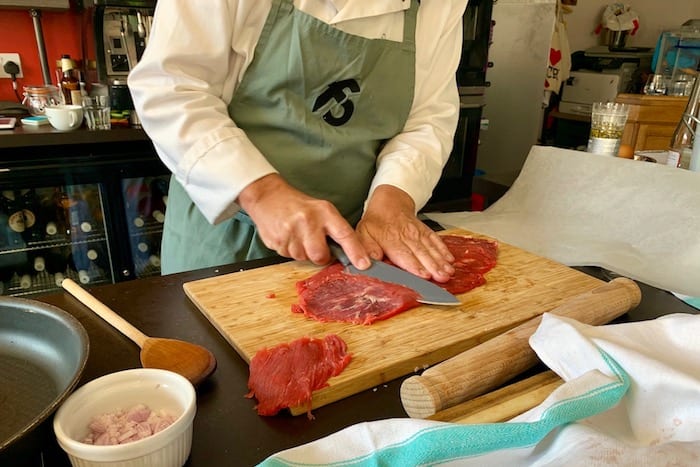
We must make the most of every cut of meat, says Jason. “Try to buy locally farmed and small scale if possible, where the welfare of the animal is paramount. That means butcher, rather than supermarket.”
Make friends with your local butcher, says Jason. They’ll be able to offer advice on the different cuts and how to prepare them. But if you’ve bought your steak from the supermarket, take it out of the packaging when you get home and put it in the fridge, covered – though not in clingfilm.
Ready to cook your steak? Plan ahead a bit. Your beef should be at room temperature before you start cooking, which relaxes the meat and means there will be less blood oozing from it when cooked. If you’re cooking a rare steak, it means you won’t get a cold bloody centre. So take it out of the fridge in good time.
Oil the steak rather than the pan, and once you’ve cooked your steak to your liking, make sure you rest it, covered loosely (foil is fine) – ideally you’ll want to rest it for as long as you’ve cooked it for.
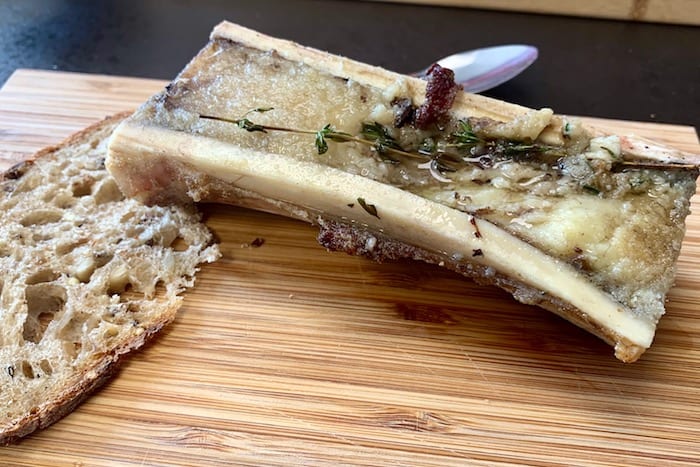
“And don’t be afraid of the cheaper cuts such as ox cheek, skirt or tongue,” says Jason. “They’re full of flavour and just need longer cooking – and you’ll get lots of rich, tasty stock from that long, slow braising.”
Jason demonstrates the point with a couple of non-steak dishes: roasted bone marrow, and braised beef short ribs. The bones have been sliced horizontally and simply seasoned and roasted for about 30 minutes, ready for the soft beefy marrow to be scooped out and spread on toast or bread.
Thrifty, too: your butcher can probably give you the bones for free, says Jason, with a bit of notice.
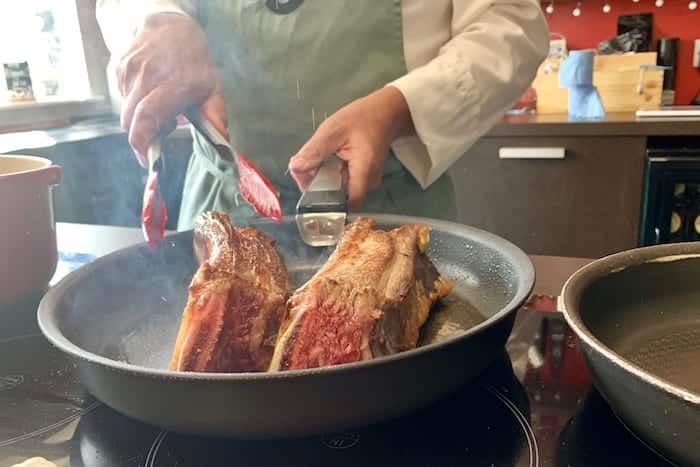
The short ribs, another cheap cut, take longer but are easy enough for even novice cooks. Just brown them in a pan, then cover with liquid (water is fine, or try beer or stock) and braise gently for about three hours either on the hob or in the oven at 180 degrees.
While that’s simmering away, it’s time for the class to get hands-on and have a go ourselves. Aprons on, we each have our own cooking station with a prep area, oven and hob.
We try our hand at the pont-neuf potatoes in clarified butter we’ve been shown, and a skirt steak. So, basically steak and chips.
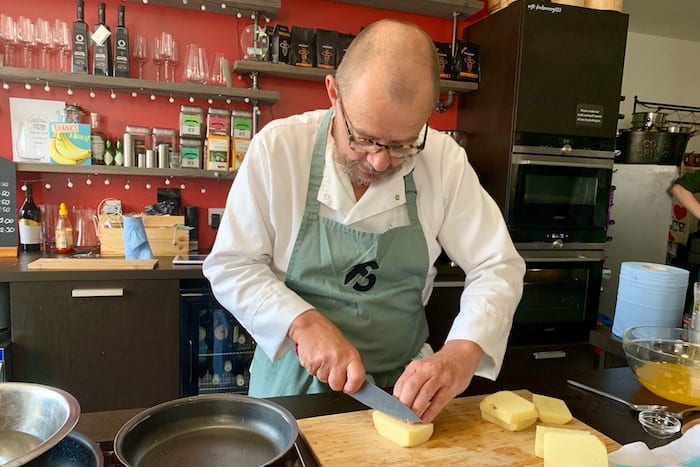
Throughout the four-hour course, we have a go at cooking our own fillet steaks, too, while Jason demonstrates other cuts including T-bone and sirloin.
He also shows us how to make the most beautifully buttery bearnaise sauce. And in case we need more butter, Jason demonstrates his version of mashed potato, which should really come with a health warning in the style of cigarettes and alcohol.
Fifty per cent mash, he calls it, because it has half the weight of butter as the weight of potatoes. So if you’re using 500g potatoes, that’s 250g of butter. A full pack. There’s so much butter it’s added warm to stop it splitting. And then Jason adds warm double cream, too.
It’s pure filth, in the best possible way. My heart thumps with joy with each buttery mouthful. Or maybe that’s an early warning sign to stop eating. Because you eat a lot on this course. Steak after steak after steak.
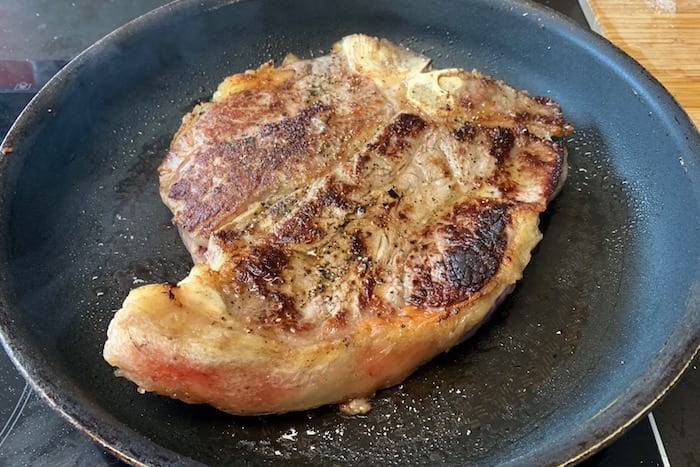
And really, what better way to learn about timings and techniques than by having a go yourself and eating the results?
As we eat and drink (there’s a licensed bar onsite), Jason regales us with stories. I want to know what he cooked for Joan Collins.
“That was back when I was catering for a house party by Roger Moore’s very glamorous wife,” he says.
“I was telling the Italian butler Beppe to just put the bloody duck in the oven. And then I heard this voice behind me, saying [mimics] ‘just put that bloody duck in the oven.’
“I looked round, and Joan Collins was in the kitchen. She asked where I was from, and I said the north of England. And she kept saying it in a strong northern accent, ‘put that dook in t’oven’. Whenever anyone asked what was for dinner, she kept saying ‘dook’ and giggling.”
If Jason’s cooking is good enough for Joan, it’s good enough for us, and we love the northern accent, too. We waddle into the warm Didsbury evening full of steak and laughter.
Steaks and stories: what more do you want?
Food Sorcery offers regular classes offering a variety of cuisines and cookery techniques.
Did we miss something? Let us know: [email protected]
Want to be the first to receive all the latest news stories, what’s on and events from the heart of Manchester? Sign up here.
Manchester is a successful city, but there are many people that suffer. The I Love MCR Foundation helps raise vital funds to help improve the lives and prospects of people and communities across Greater Manchester – and we can’t do it without your help. So please donate or fundraise what you can because investing in your local community to help it thrive can be a massively rewarding experience. Thank you in advance!
Got a story worth sharing?
What’s the story? We are all ears when it comes to positive news and inspiring stories. You can send story ideas to [email protected]

Jewish Museum celebrates 150th anniversary of Manchester’s oldest synagogue
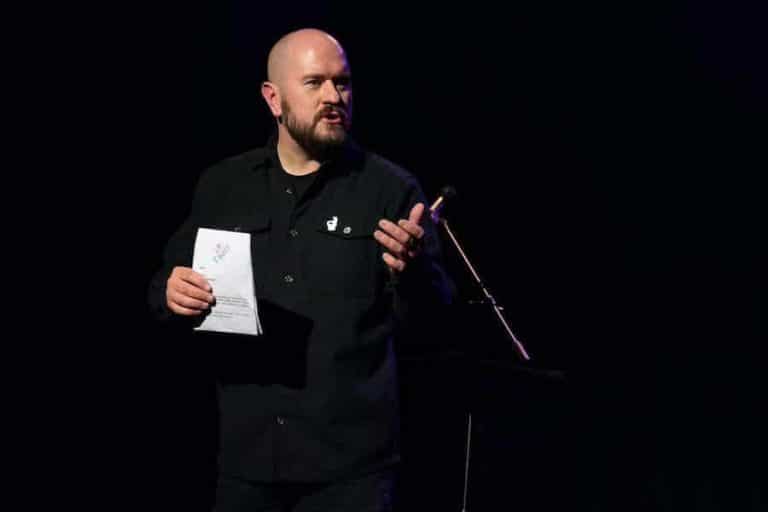
Worker Bee: Meet Simon Naylor, creative director at 53two and actor

Iconic cinema set to be brought back to life in huge re-development

Worker Bee: Meet Katie Zelem, the captain of Manchester United
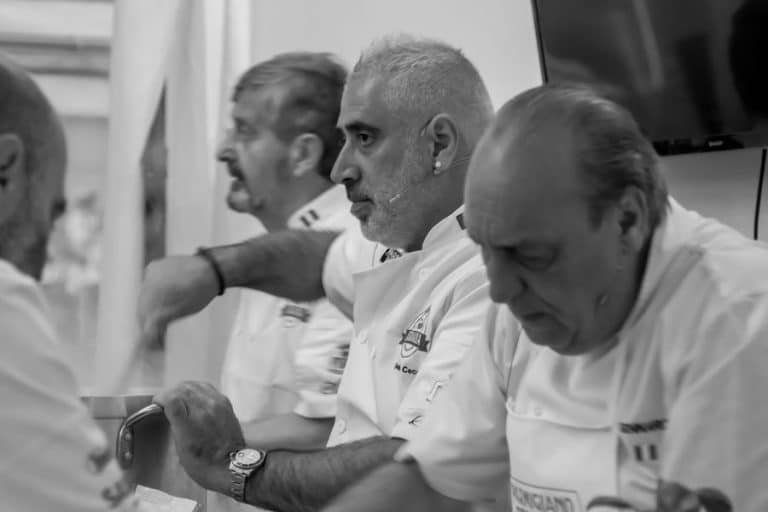
Worker Bee: Meet Maurizio Cecco, the founder of Salvi’s and Festa Italiana
